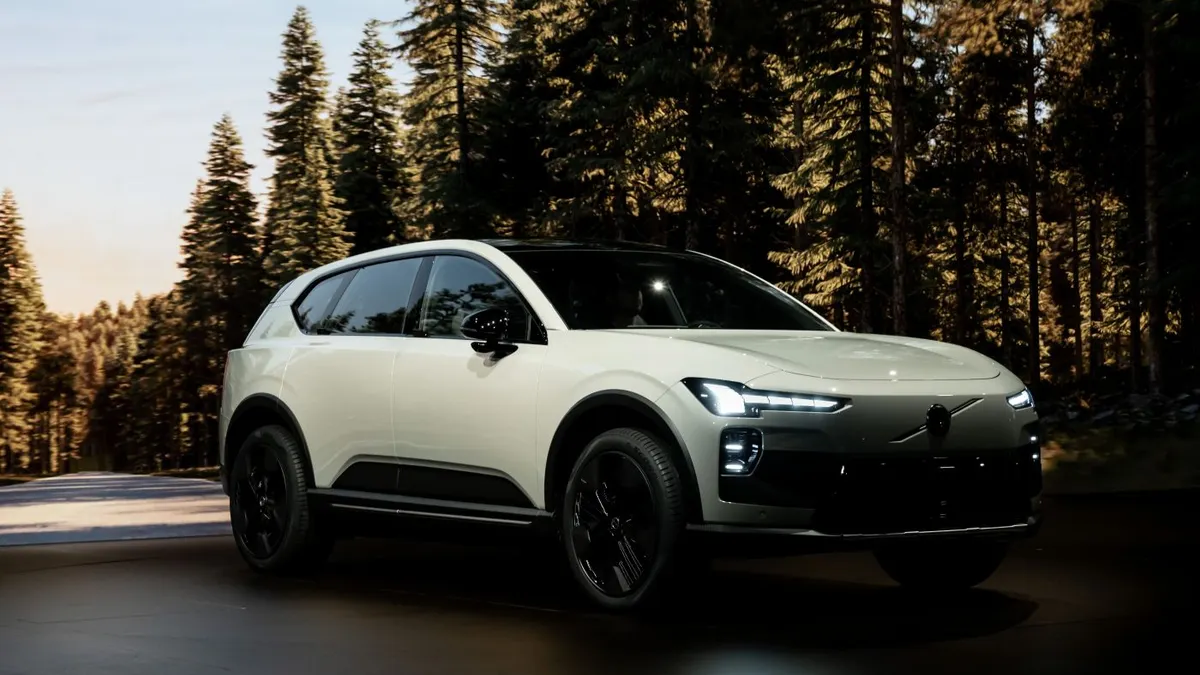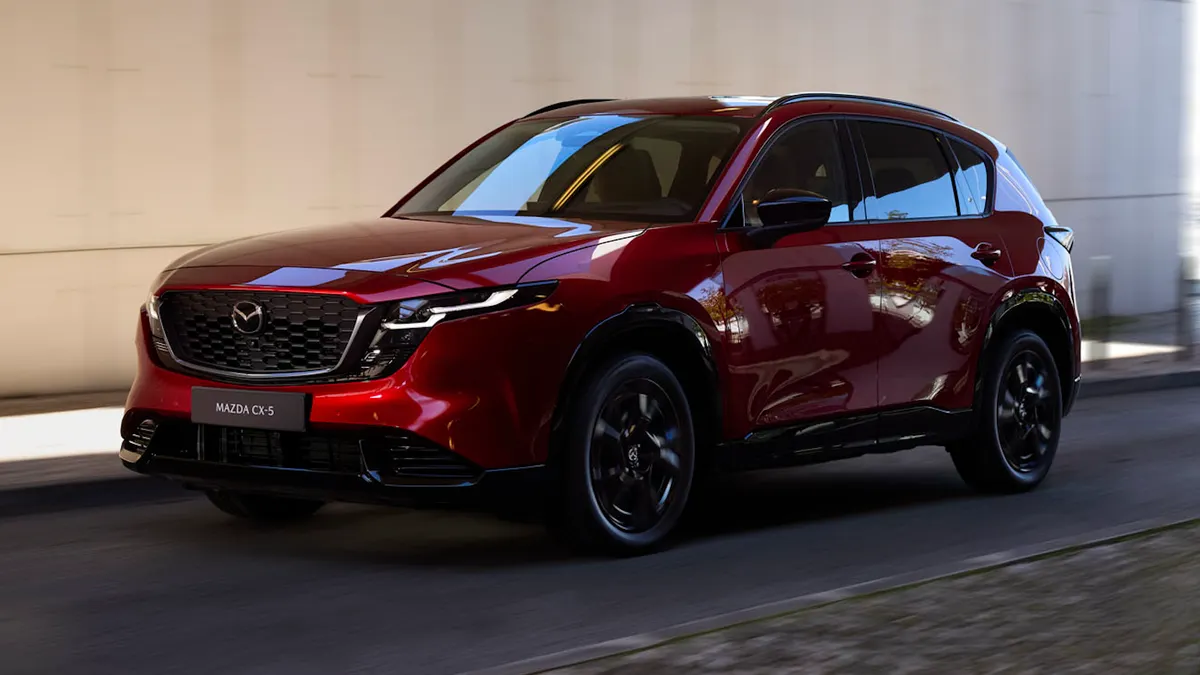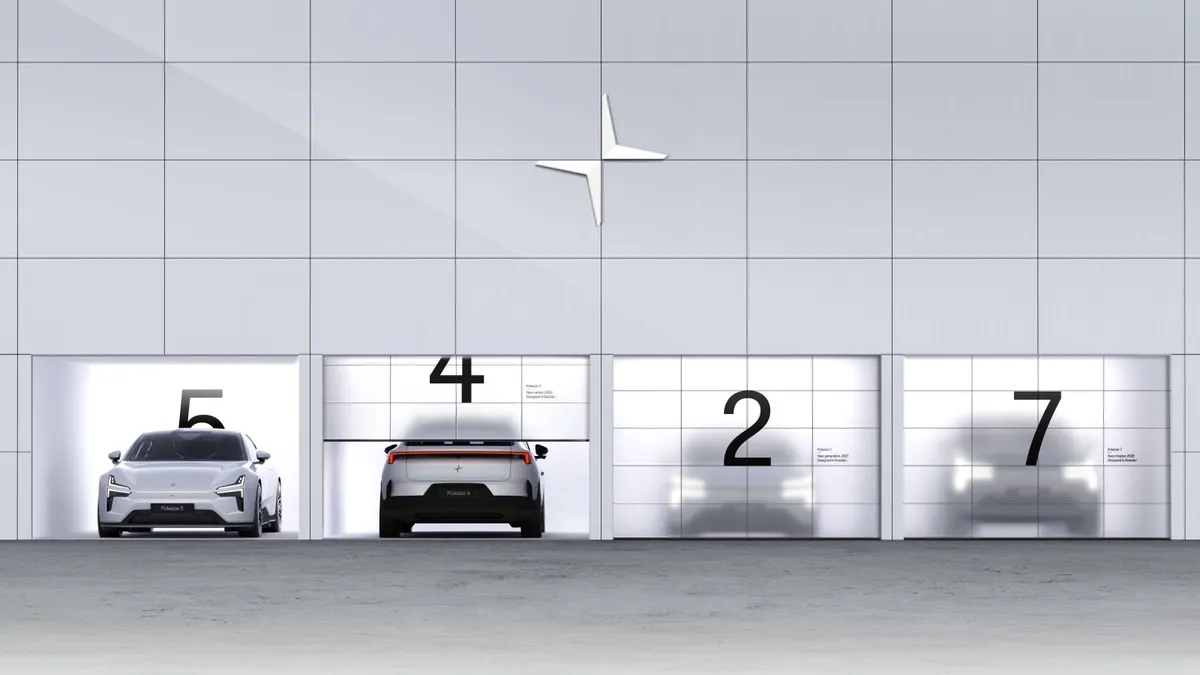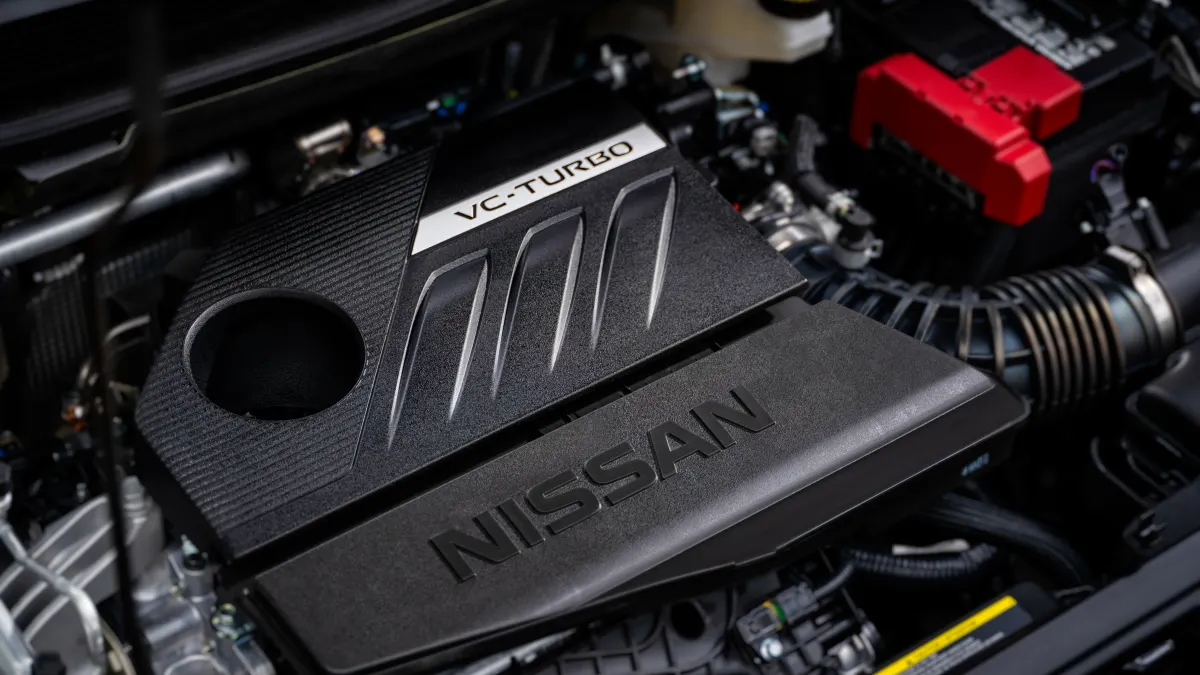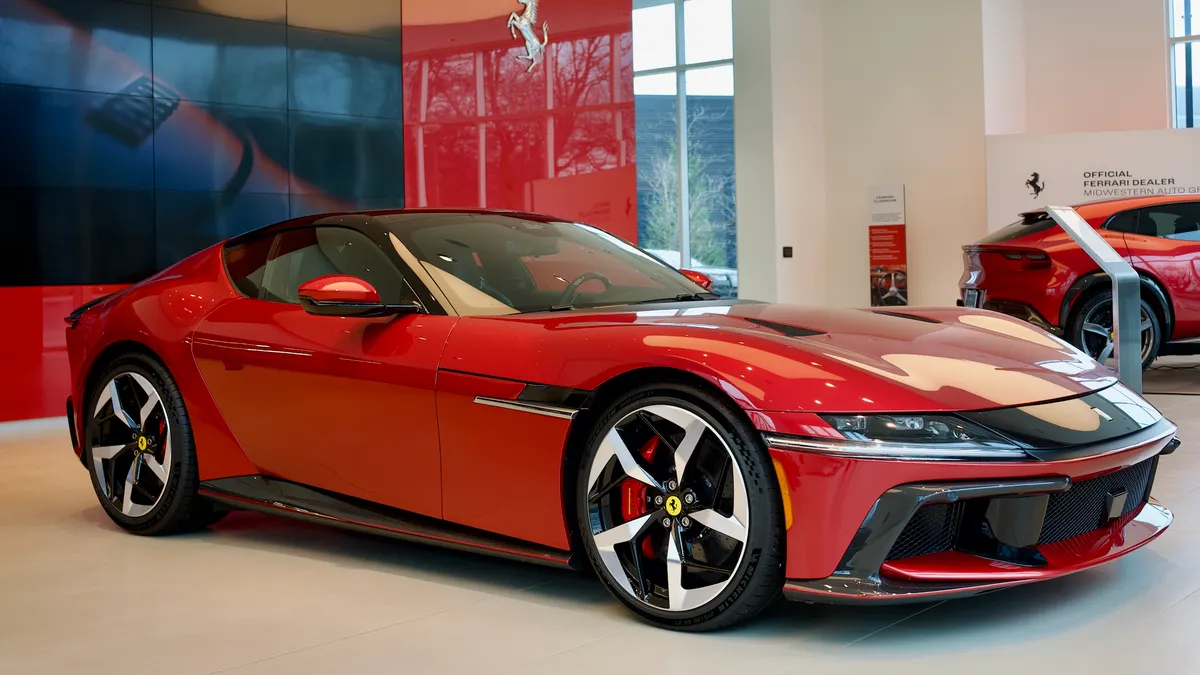Editor's note: This story is part of the WardsAuto digital archive, which may include content that was first published in print, or in different web layouts.
Maxwell Technologies’ recent contract win to supply Zhejiang Geely with a complete ultracapacitor module for use in mild-hybrid vehicles marks a turning point both for the company and the advanced energy-storage technology.
The deal, announced last week, calls for China-based Geely to use the ultracapacitors on five vehicle lines to be sold in the U.S. and Europe beginning with the ’20 model year. The list includes four Lynk and Co. models and one from Geely’s Swedish Volvo brand. The vehicles will be built in China and Europe and are based on the Geely-Volvo Compact Modular Architecture that underpins the Volvo XC40 CUV and Lynk and Co. 01 model.
Maxwell has been supplying ultracaps to the auto industry for years, with some 6 million vehicles employing the energy-storage devices to date. Most of those support micro-hybrid stop-start systems, so the more advanced mild-hybrid application in the Geely-Volvo vehicles represents a step up the technology ladder, though the ultracapacitor remains a secondary power device to the mild-hybrid’s main battery.
As important, the Geely-Volvo contract signals Maxwell’s first sale directly to an OEM, elevating the supplier to Tier 1 status. Until now, its automotive business has come through other Tier 1s.
Making that jump possible is what the company says is an expanded capability to provide a black-box system that meets all OEM functionality requirements. In addition to the ultracapacitors, Maxwell designed and integrated the electronic controls and even produces the plastic casing for the Geely-Volvo application.
“As we’ve built up the capability at Maxwell to deliver total solutions, we’ve been able to engage directly with the OEM,” Thibault Kassir, vice president and general manager-Energy Storage, tells WardsAuto. “That includes (the Geely-Volvo application) and potentially more complex systems over the next few years.
“This marks a milestone from the Maxwell perspective in starting to provide a total solution and (enable) the electrification of the car moving forward,” he adds, noting the co-packaging of the ultracapacitor and the electronics also results in lower system costs overall.
Driving the interest in ultracapacitors for mild-hybrid powertrains is the need to meet peak power demands without having to oversize the battery, which adds weight and increases packaging difficulty, Kassir says.
Like batteries, ultracaps store electrical energy. But because they do it in an electric field rather than through a chemical reaction, they have different characteristics that can provide advantages over batteries in certain applications.
For one, ultracaps are more durable, capable of far more charge and discharge cycles before wearing out. Reports are that in stop-start applications, lead-acid batteries often need to be replaced in as little as 12 to 18 months. In the Geely-Volvo mild-hybrid installation, the ultracapacitors are expected to last the 10-year life of the vehicles, through as many as 250,000 engine restarts.
Ultracaps also are smaller and lighter than an equivalent battery and are better at cold cranking. They charge more quickly and deliver energy in bursts, making them a better fit with devices that need instant peak power delivery, such as electric turbochargers, power steering and active roll-control systems.
In the Geely-Volvo application, the device will be used to supply warm cranking power as the car shifts between electric drive and the internal-combustion engine. The module, which consists of several ultracapacitors and a power-conversion board, can supply about 10-12 kW of power when needed.
“As we prepared to bring our new, high-performance features into the mainstream of our next-generation vehicles, it became evident that ultracapacitors would be essential to address the increasing electrification challenges the automotive industry is facing,” Geely Vice President and Chief Technology Officer Qingfeng Feng says in a statement.
Kassir says Maxwell is talking about applications with additional automakers, with equal interest coming from North America, Europe and Asia. The big driver is ever-tightening carbon-dioxide emissions standards worldwide.
“As we see CO2 regulations forcing car manufacturers move toward electrification, it is going to put more and more demand on power in the car,” he says. “The ability to size the battery to support these peak power demands is becoming very difficult. With these peak power demands shifting toward many kilowatts, the battery alone will not be able to do it.
“The need for an ultracapacitor to work in conjunction with the battery is becoming more and more clearly needed,” Kassir adds. “Geely is the first one (to do it), and we see this more as a trend happening.”
The Geely-Volvo modules will be built in China, using locally produced cells and electrodes shipped in from Maxwell’s plant in Arizona. Planning volumes and the length of the contract have not been disclosed, but Maxwell CEO Frank Fink told market analysts last week that shipments begin in 2019, ramp up significantly in 2020 and possibly through 2021, then level off for a few years before winding down.
Maxwell ultracapacitors have been in use in stop-start systems from supplier Continental since 2010 and in vehicles from PSA Group and General Motors. Other Maxwell ultracap installations include a regenerative braking system in a Lamborghini model and backup power applications for more experimental autonomous vehicles – another promising sector.
“We are engaged with many OEMs discussing different ultracap solutions, and we’re doing our best to make sure these turn into real projects over the next few years,” Kassir says.
@DavidZoia





